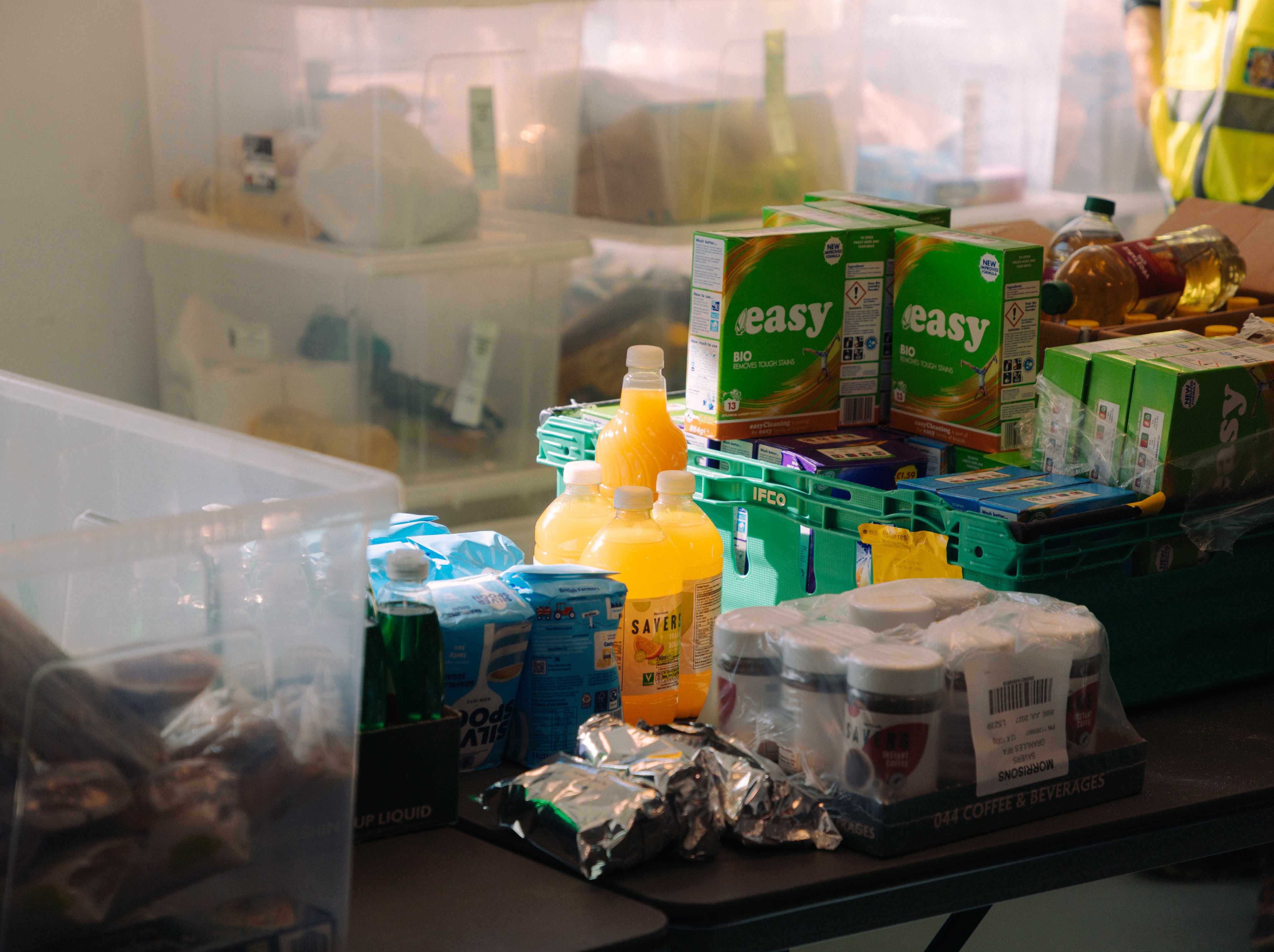How have low-income families been affected by changes to council tax support?
April 2014 marks the first anniversary of the introduction of Council Tax Support (CTS), this summary shows how the system is changing and its impact on families receiving CTS in England.
April 2014 marks the first anniversary of the introduction of Council Tax Support (CTS) – the successor to Council Tax Benefit (CTB) for working-age adults in England. This summary shows how the system is changing and its impact on families receiving CTS in England. It finds:
- The overall levels of CTS available will be lower in 2014/15 than 2013/14. Only 45 councils (out of 326) will continue to provide the levels of support available under CTB, 13 fewer than last year. 244 councils now require all households to pay at least some council tax regardless of income (a minimum payment), 15 more than last year.
- In 2014/15 2.34 million low-income families will pay on average £149 more in council tax per year than they would have under CTB. Around 70,000 families will have their support cut for the first time and a further 580,000 families will see a second successive change in their entitlement.
- Levels of arrears and bailiff referrals linked to the non-payment of council tax increased following the introduction of CTS while the collection rate fell. This is true across England, but the largest increases in arrears were in those areas that introduced a minimum payment.
Summary
April 2014 marks the first anniversary of the introduction of Council Tax Support (CTS) – the successor to Council Tax Benefit (CTB) for working-age adults in England. This summary shows how the system is changing and its impact on families receiving CTS in England.
Key points
- Council Tax Support (CTS) gives low-income working-age families a discount on the amount of council tax they have to pay. So if CTS is cut, the result is a tax increase for those families affected.
- The overall levels of CTS available will be lower in 2014/15 than 2013/14. Only 45 councils (out of 326) will continue to provide the levels of support available under CTB, 13 fewer than last year. 244 councils now require all households to pay at least some council tax regardless of income (a minimum payment), 15 more than last year.
- In 2014/15 2.34 million low-income families will pay on average £149 more in council tax per year than they would have under CTB. Around 70,000 families will have their support cut for the first time and a further 580,000 families will see a second successive change in their entitlement.
- Of the 2.34 million affected families, 1.5 million were in poverty (measured after housing costs) and 1.8 million were workless families. The uniform exemption from paying council tax for low-income households no longer exists.
- Levels of arrears and bailiff referrals linked to the non-payment of council tax increased following the introduction of CTS while the collection rate fell. This is true across England, but the largest increases in arrears were in those areas that introduced a minimum payment.
Background
April 2014 marks the first anniversary of the introduction of Council Tax Support (CTS).
CTS gives low-income families a discount on the amount of council tax they have to pay. Unlike its nationally-devised predecessor, entitlement to CTS is determined by the local authority with an initial cut in central government funding of 10%. Each year the local authority decides how CTS should work in their area and how to make up the funding shortfall.

This report is part of the social security topic.
Find out more about our work in this area.